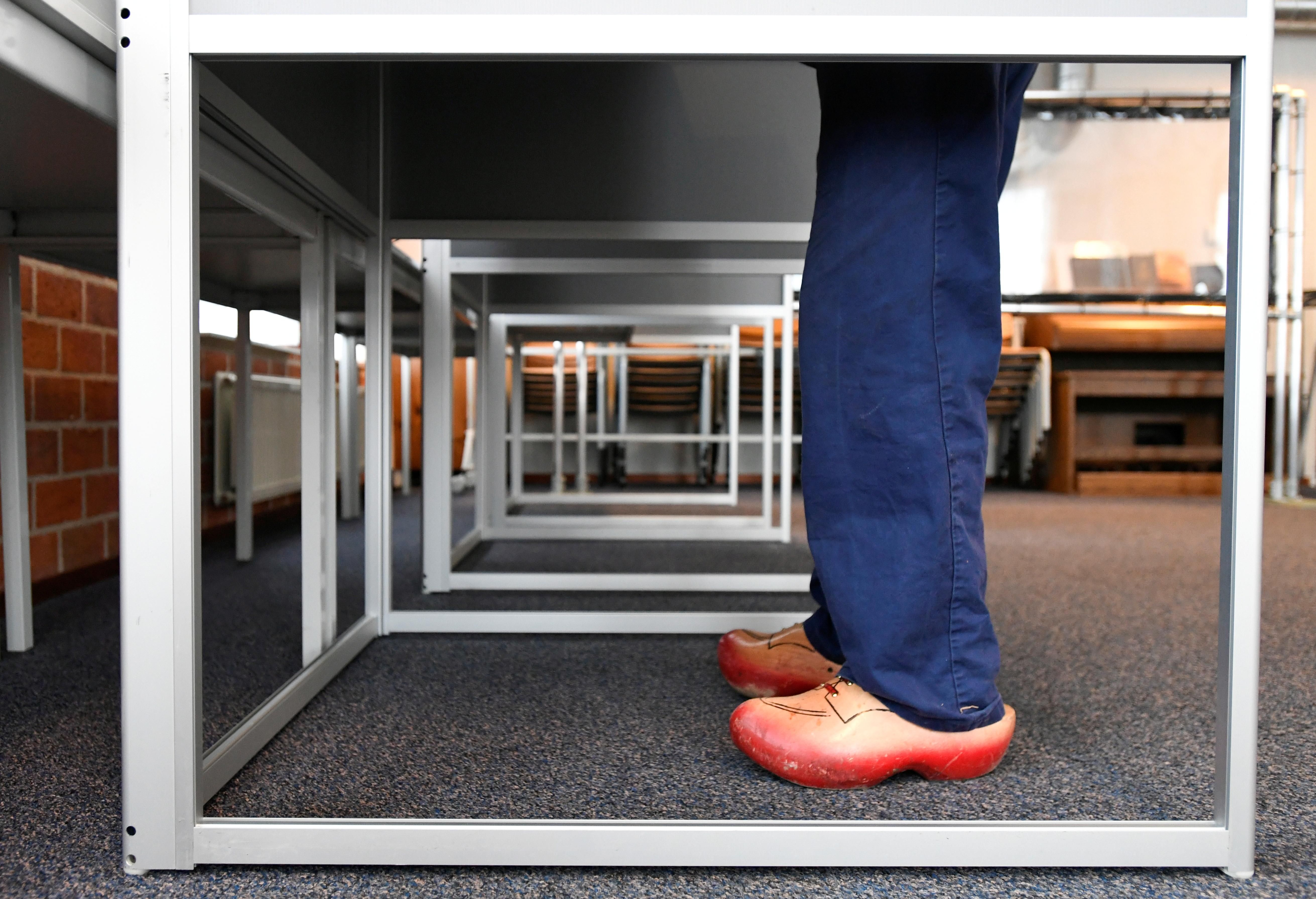Netherlands votes: Dutch Prime Minister Mark Rutte is slated to win a fourth term in office as polls show his People's Party for Freedom and Democracy on track to win a clear victory. While Rutte has been caught up in a political maelstrom in recent months — his government was forced to resign in January amid a scandal over childcare benefits, while the Netherlands has also been rocked by sometimes violent anti-lockdown protests — polls showed that he was set to win around 36-40 seats (76 are needed for a majority), an even bigger win than he saw in 2017. But forming a coalition could be trickier. Rutte says he will not work with Geert Wilders and his anti-Islam and anti-immigrant Freedom party, the second largest force in parliament. As a result, Rutte will likely need to join forces with three other parties — drawing from the Christian Democrats (left wing), D66 (progressive liberal), Labour, Green Left and the Socialist party — to form a government, a process that could take many weeks given the ideological diversity of the political blocs.
Taiwan's vaccine diplomacy: Taiwan has offered Paraguay, the only country in South America that recognizes its independence from China, assistance to procure COVID vaccines. This comes as nations in the region become increasingly reliant on Chinese-made jabs, and as Paraguay itself has seen mass street protests and growing calls to impeach President Mario Abdo over his handling of the pandemic and slow vaccine rollout. Paraguay is now in a tough spot: it wants to maintain warm ties with Tapiei and desperately needs more jabs, but has also increasingly struggled to counter growing political pressure at home to drop its recognition of Taiwan and instead establish bilateral ties with the People's Republic of China in exchange for Chinese economic assistance (the lower house of parliament approved it last year, but senators voted against the move). We're watching to see how this all pans out, and if Taiwan can help Paraguay find enough vaccines to prevent China from coming in to save the day and conquering its last holdout in South America through its vaccine diplomacy.
Foreign meddling in US 2020 election: US intelligence believes that Russia attempted to influence the outcome of the US election in 2020, hoping to lock in another win for Donald Trump. A new US government report also notes that Iran sought to help Joe Biden get over the finish line — who has said he wants to reenter the 2015 Iran nuclear deal — and that China considered meddling in the vote but ultimately decided not to interfere to avoid "blowback." While neither the Russians' nor the Iranians' actions were sufficient to affect the result, according to US intelligence, there's still a lot to be concerned about. First, it's clear that foreign attempts at meddling in US elections are here to stay. Additionally, it's also apparent that Russia now views the benefits of stoking the flames of US political division by trying to influence American voters as outweighing the risk of more US sanctions. Moving forward, the onus is now on the Biden administration and US Congress to safeguard future elections knowing that foreign powers will surely again try to sway American voters.More For You
100 million: The number of people expected to watch the Super Bowl halftime performance with Bad Bunny, the Puerto Rican superstar and newly minted Album of the Year winner at the Grammys.
Most Popular
Think you know what's going on around the world? Here's your chance to prove it.
An imminent US airstrike on iran is not only possible, it's probable.
Americans are moving less — and renting more. Cooling migration and rising vacancy rates, especially across the Sunbelt, have flattened rent growth and given renters new leverage. For many lower-income households, that relief is beginning to show up in discretionary spending. Explore what's changing in US housing by subscribing to Bank of America Institute.
